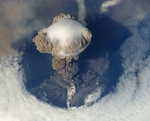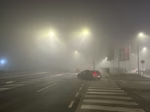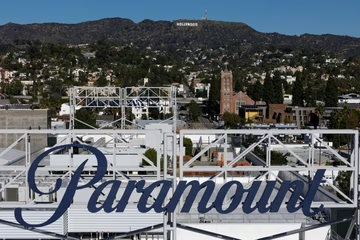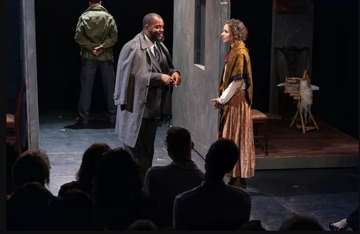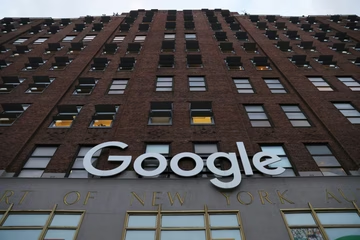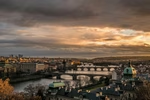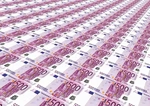Bosnia and Herzegovina marks Independence Day - the holiday still observed only in one half of the country

On this day, thirty-two years ago, majority of the citizens of Bosnia and Herzegovina voted in a referendum and chose the independent state of equal citizens, the peoples of Bosnia and Herzegovina – the Muslims (Bosniaks), the Serbs, the Croats, and representatives of other ethnicities living on its territory.
Oglas
On February 29, 1992, early 64 percent of citizens then voted 'yes' for a “sovereign and independent Bosnia and Herzegovina, the state of equal citizens, peoples of Bosnia and Herzegovina.”
A total of 2,073,568 citizens cast their vote, which was 63.6 percent turnout. Out of that number, 99.7 said yeas to the Bosnia and Herzegovina's independence, while 0.3 percent was against that idea.
The results of the referendum were adopted in the Parliament of Bosnia and Herzegovina on March 6, 1992.
Member states of the then European Community recognised BiH's independence on April 6 same year, while the United States did that a day later, on April 7.
On May 22, 1992, BiH became a full member of the United Nations.
The State Parliament decided on February 28, 1995 that March 1 is observed as the Independence Day of Bosnia and Herzegovina. The European Community recognised the date as such and the then President of the Presidency of the Republic of Bosnia and Herzegovina Alija Izetbegovic signed a decree on pronouncing March 1 the Independence Day on March 6, 1995.




F.Z./N1 | F.Z./N1
Više
F.Z./N1 | F.Z./N1
Više
F.Z./N1 | F.Z./N1
Više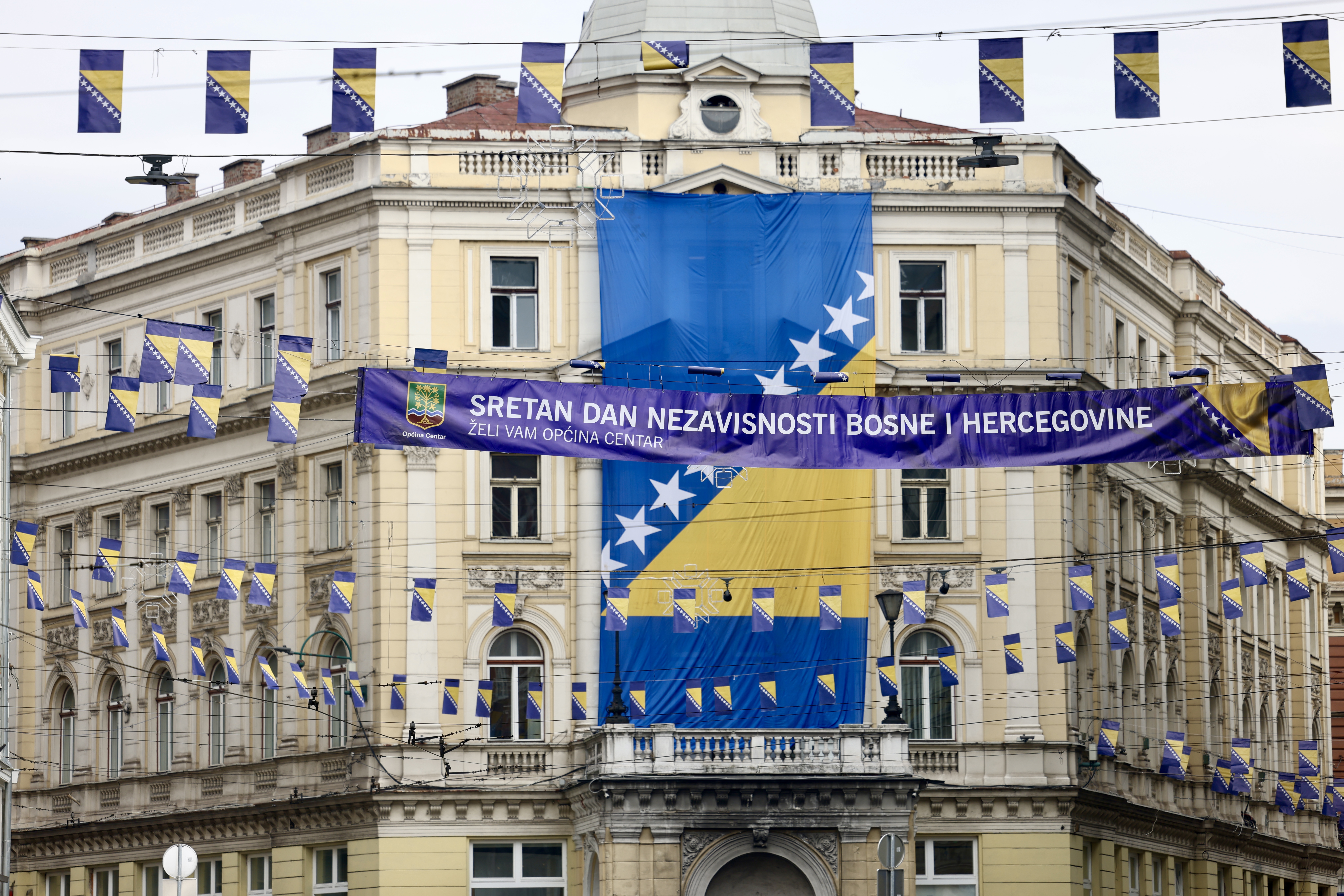
F.Z./N1 | F.Z./N1
Više
F.Z./N1 | F.Z./N1
VišeHalf of the country ignores the holiday
However, even 32 years after Bosnia’s referendum on independence, opinions on the holiday are divided between the country’s two semi-autonomous entities – the Bosnian-Croat majority Federation (FBiH) and the Serb-majority Republika Srpska (RS).
Streets and squares in the Federation are decorated with Bosnian flags, but the other entity does not recognise the holiday.
Bosnian Serbs never wanted Bosnia to secede from Yugoslavia and boycotted the referendum on independence.
When the referendum votes were counted, the Bosnian Serbs rebelled against the decision to secede, which triggered a war that took some 100,000 lives and ended four years later with the internal division of the country into two regions, linked by a common government.
Since then, the FBiH celebrates March 1st as Independence Day and the RS celebrates January 9, the Day of Republika Srpska, when their leadership in 1992 declared the establishment of the so-called Serb Republic of Bosnia and Herzegovina, that later became Republika Srpska.
That part was meant to secede and become part of neighbouring Serbia.
Officials in the two entities mostly do not recognise and do not attend each other’s celebration.
Kakvo je tvoje mišljenje o ovome?
Učestvuj u diskusiji ili pročitaj komentare
Oglas
Kakvo je tvoje mišljenje o ovome?
Učestvuj u diskusiji ili pročitaj komentare
Oglas





 Srbija
Srbija
 Hrvatska
Hrvatska
 Slovenija
Slovenija




























